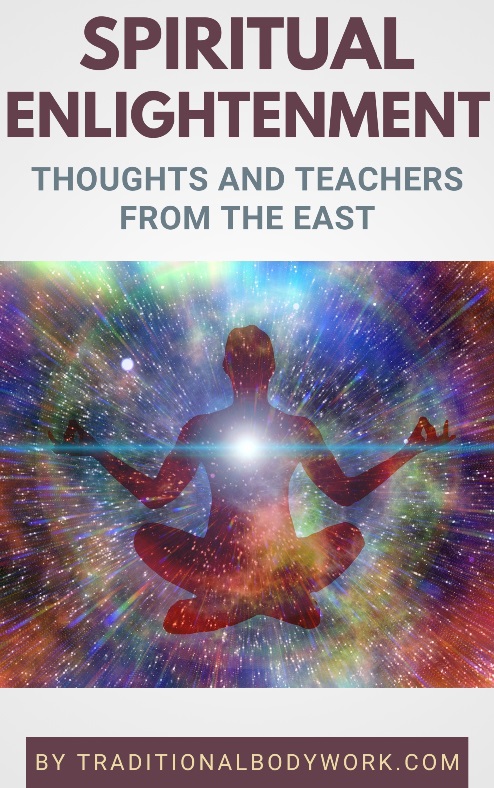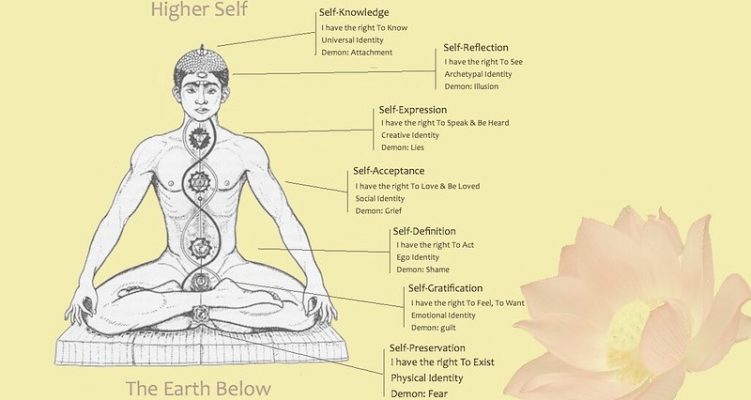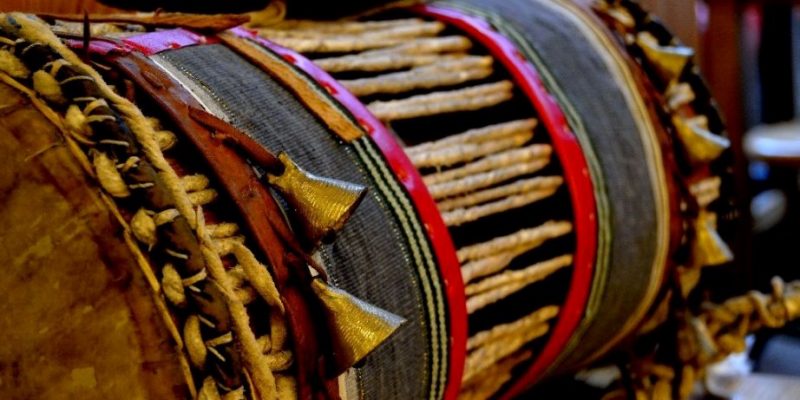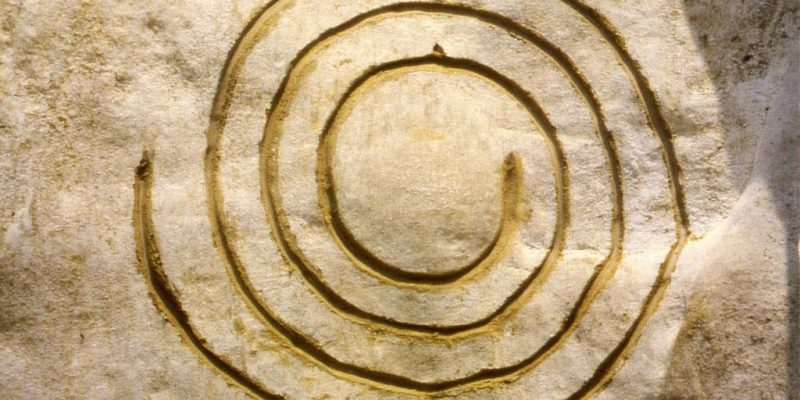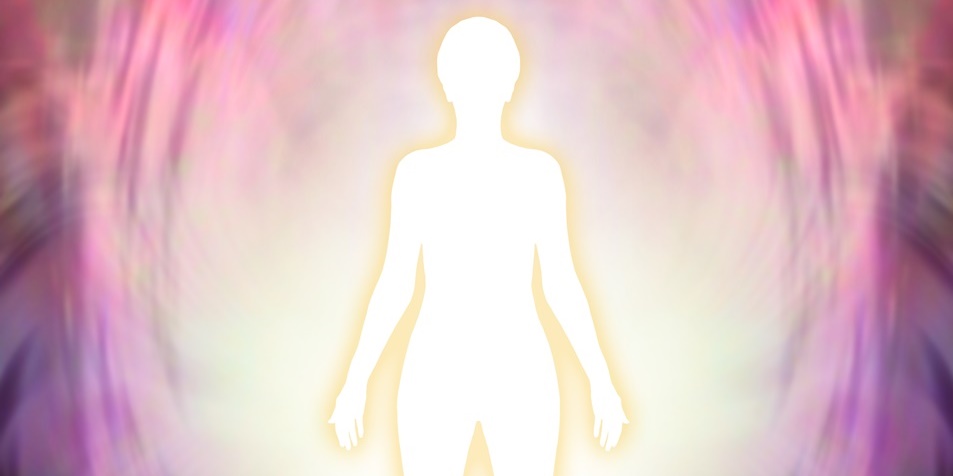
In esoteric, mystical, and occult teachings, but also in a range of traditional medicine systems, the subtle body is considered an aspect of the human body, which is neither merely physical, nor merely spiritual. The terms etheric body and astral body refer to specific interpretations of the subtle body.
The idea of the existence of a subtle body spans many millennia and many different civilizations, and is also part of various religious, philosophical, and lifestyle systems, such as Taoism, Hinduism, Buddhism, Jainism, Tantra, and Yoga.

Perhaps one of the best known constructs of distinct “bodies” is found in the Indian Pancha Kosha concept, which describes a series of five interpenetrating sheaths (or layers) of the body. In this case, the subtle body is the body that consists of Chakras, Marma Vital Points, and Energy Channels (Nadis), which transport Subtle Breath i.e. Prana Life Energy.
In Western traditions, the subtle body is usually called the astral body or the body of light. This concept goes back to the Greek philosopher Plato, who thought that the stars (the word astral means “of the stars”) were composed of another type of element than the ones typically found on earth, and that the human psyche was made of this “astral matter.”
The etheric body (or ether-body) then is a term often associated with the Theosophy movement (founded by Helena Blavatsky). It’s a subtle body made of ether (a finer substance than the matter of the physical body), and part of the human Aura energy field. It’s considered a kind of intermediate body between the physical body and “higher level” bodies.



